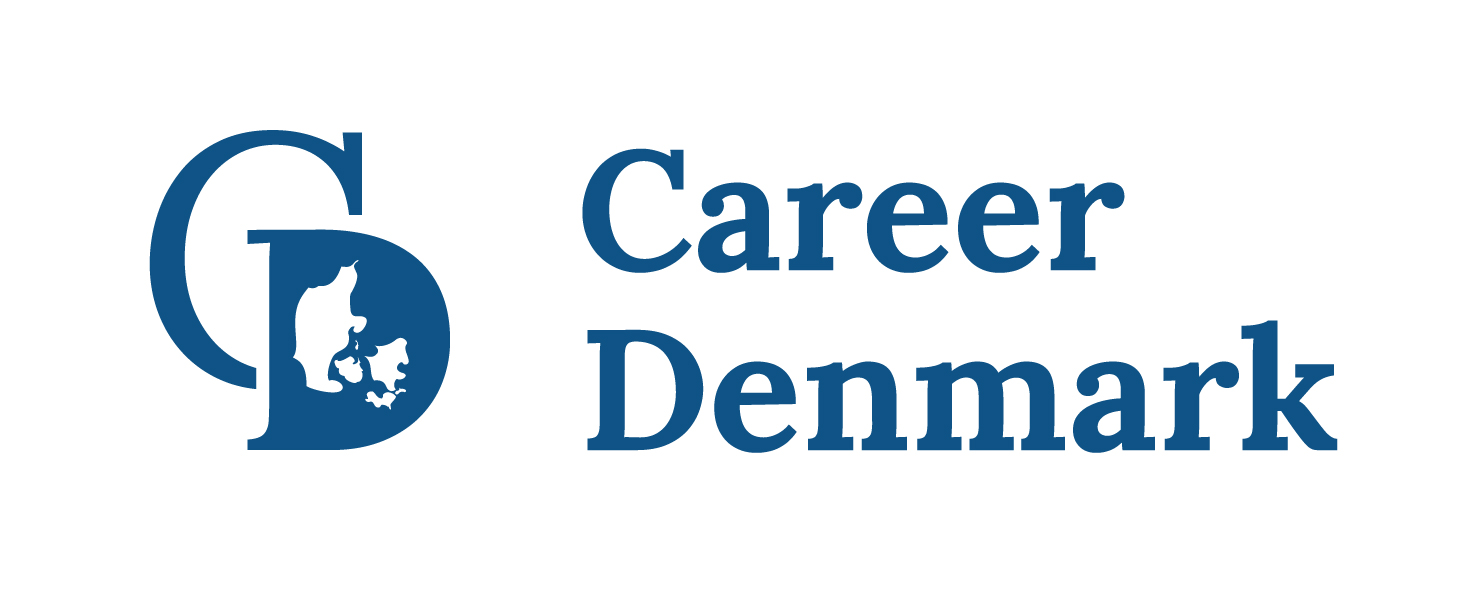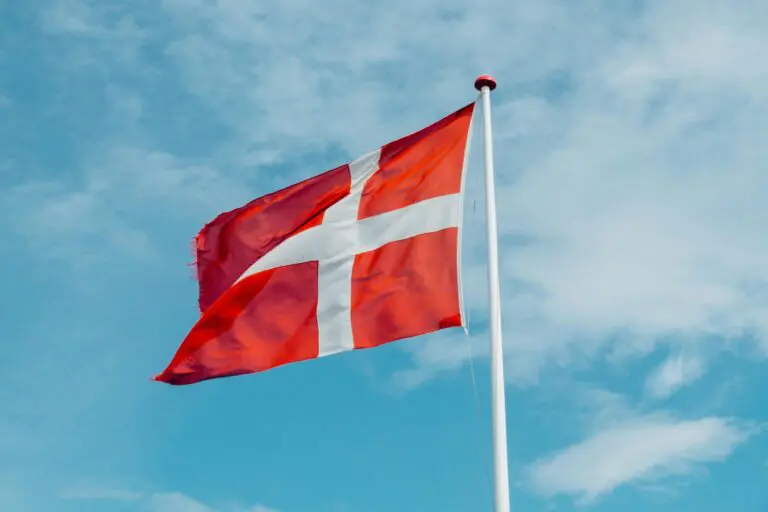Uncover the lesser-known aspects of working in Denmark, from unique workplace customs to surprising employee benefits and expectations.
Introduction – Insider Secrets About Working in Denmark
Denmark’s thriving economy, excellent work-life balance, and supportive working conditions have made it an attractive destination for professionals from around the world. However, there are some aspects of working in Denmark that may surprise newcomers. In this article, we’ll reveal 6 insider secrets about the Danish workplace that you might not be aware of.
Flat Hierarchy and Informal Atmosphere
One of the most striking aspects of Danish workplaces is their flat organizational structure. Hierarchies are less pronounced, with managers and employees often working closely together and making decisions collaboratively. Additionally, the workplace atmosphere is generally informal, with colleagues addressing each other by first names and a relaxed dress code in most industries.

Emphasis on Work-Life Balance
Danish workplaces put a strong emphasis on work-life balance, with many employees working around 37 hours per week and enjoying generous vacation time. Flexible working arrangements, such as remote work or adjusted hours, are also common. This balanced approach to work enables employees to maintain a healthy lifestyle and spend quality time with their families and friends.
The Significance of Jante Law
Jante Law is an essential cultural concept in Denmark that emphasizes humility, equality, and the collective spirit. It serves as a guiding principle in various aspects of Danish life, including work culture. Instead of individual accomplishments and competitiveness, Jante Law encourages individuals to focus on shared goals and collaboration.
This mindset creates a positive work environment, where practices like ‘Fika’—a Swedish term for a coffee break with pastries—have been adopted by the Danes. These regular breaks allow colleagues to socialize, relax, and recharge together, fostering a sense of unity and harmony within the workplace. By embracing Jante Law, the Danes promote a more balanced, inclusive, and supportive work culture.
Employee Autonomy and Trust
Danish employers place a high level of trust in their employees, expecting them to manage their workload and make decisions independently. Micromanagement is generally frowned upon, and employees are encouraged to take initiative and solve problems creatively. This approach fosters a sense of responsibility and motivation among workers.
Unique Employee Benefits
Denmark offers some unique employee benefits that may surprise newcomers. For instance, many companies provide free lunch for their employees, either prepared in-house or catered from local eateries. Additionally, parental leave is generous, with both mothers and fathers entitled to paid time off to care for their newborns.
Danish Directness in Communication
Danish communication is often characterized by its directness, with colleagues and managers providing clear and honest feedback. While this may be surprising or even uncomfortable for some newcomers, it’s essential to understand that this straightforward approach is not intended to be rude. Embrace this style of communication and learn to appreciate the value of honest feedback in the workplace.
Conclusion
Working in Denmark offers numerous advantages, from a supportive and informal work environment to a strong emphasis on work-life balance. By understanding these 6 insider secrets about Danish workplaces, you’ll be better prepared to navigate your new professional environment and thrive in your career. As you adjust to working in Denmark, remember to remain open to new experiences and embrace the unique aspects of Danish work culture.





